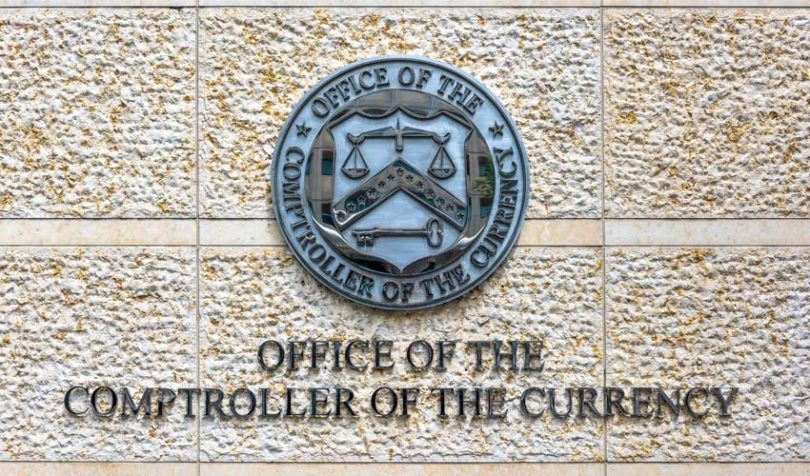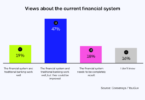Yesterday Michael Hsu, Acting Comptroller of the Currency at the OCC, warned that cryptocurrencies and decentralized finance (DeFi) could pose risks for the broader economy, comparing them to the 2008 financial crisis. Ironically, his talk came the same day as several incumbent associations, including derivatives bodies ISDA and FIA, called for a rethink of the BIS planned treatment of crypto-assets by regulated financial institutions.
In his previous role at the SEC from 2004, Hsu had a front row seat to the evolution of derivatives, securitization and trading on Wall Street. He described it as witnessing a “fool’s gold rush from up close”. He oversaw five major investment banks: Bear Stearns, Goldman Sachs, Lehman Brothers, Merrill Lynch, and Morgan Stanley. The collapse of one of them, Lehman, was the climax of the crisis.
“We saw innovations that brought genuine improvements to clients and risk managers; but we also saw innovations that would imperil the firms that promoted them and amplify the 2008 crisis,” said Hsu. “I see similarities with emerging risks in the crypto and DeFi space today.”
He used the quote that those who don’t learn from the past are condemned to repeat it.
Talking about the run up to the 2008 crisis, initially, the derivatives innovations addressed risks by enabling better hedging. However, by 2004 that had shifted to “correlation trading” and the creation of entirely new asset classes. He describes this as the innovation-to-perversion journey.
And Hsu parallels this to the current state of crypto lending, with yields of 4%-14% being offered on stablecoin deposits. We note that the more opaque centralized crypto lenders provide the highest yields.
“Most innovation seems focused on enhancing trading. Crypto/DeFi solutions to problems in the real economy are rare,” said Hsu.
One of the big promises of cryptocurrency is that it’s a path to financial inclusion. That concerns regulators who see it as highly risky and believe people will lose money. A recent poll by Morning Consult showed that 37% of the underbanked own crypto compared to 10% for the fully banked. Hsu asked, “How is crypto/DeFi making it less expensive to be poor?” The likely answer is that many hope to get rich-quick.
That leads to the first of three lessons that Hsu outlined. That innovation needs to be anchored in purpose. The second is to speak up rather than follow the crowd. For example, Hsu raised the question about what differentiates a core blockchain developer from a fiduciary in banking? Questions might slow growth but make for more sustainable innovation.
The final lesson is to follow the money, more specifically, how money is made and lost.






